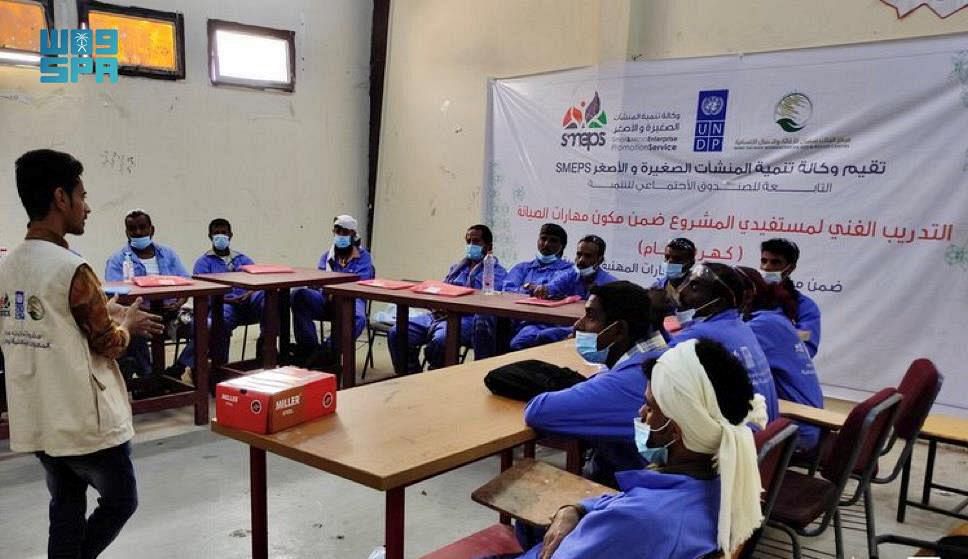
When Sally Mumford enrolled in a training course to become a psychotherapist in 2020, she was excited to start a new career.
She hoped to help people understand how their feelings and behaviour were shaped by their pasts. But she quickly realised that the course might not be what she had expected. “I arrived like a lamb to the slaughter,” she said. “There was a real nastiness that percolated down from the top.”
Mumford said her tutors at the training centre in London let bullying between students go unchecked. “It was all part of making you into a therapist. The whole ethos was to break you down and build you back up how they wanted you to be.”
Mumford is one of more than a dozen people who have studied for psychotherapy qualifications at UK institutions who told the Observer that some courses cross the line from challenging to toxic, with tutors bullying students. Some said their tutors made humiliating remarks to them in public, and left them feeling too scared to speak up or leave the course.
Students on different courses also said they felt that complaints procedures were not robust enough.
Demand for psychotherapists has grown as the effects of the Covid pandemic on rates of depression and anxiety lingers, and NHS waiting times for mental health treatment continue to rise. Many of those who can afford it are turning to private therapists – and, as demand for their services has risen, so has the number of people training to enter the field.
Since 2019, there has been a 44% increase in the number of students registered with the British Association of Counsellors and Psychotherapists (BACP), training to become therapists.
But the industry is largely unregulated; “psychotherapist” is not a protected profession, so anyone can set up a practice with that title. Last month, the Guardian reported calls for urgent regulation of all psychotherapists and counsellors in England.
Psychotherapist training is also unregulated, and there is a wide range of qualifications across the UK. The BACP and the UK Council of Psychotherapists (UKCP), the main professional body for psychotherapy in the UK, offer accreditation for courses.
Amanda Williamson, a psychotherapist who has been campaigning for regulation in the industry for more than a decade, is concerned about “toxic” training courses. “I’ve heard negative feedback about all manner of courses at prominent universities, including appalling tales of bullying and badly-run ‘group process’,” Williamson said.
Since psychotherapy training requires students to be vulnerable, she argues, regulations must be more rigorous than in other industries. Therapists and training institutions should be bound by a consistent code of ethics, and regulated by the same body, she said. “Regulation, or at least an inquiry to shine a light on these toxic hotspots that are allowed to fester … is very much overdue.”
Students of psychotherapy are often required to examine their own psyches, and many courses mandate that students undertake therapy alongside their studies.
“There’s a fundamental difference in power structures,” said Kelly*, a qualified psychotherapist who works privately and within the NHS, and is training to further her qualifications. She said she has been bullied on her current course by a member of staff.
“I can’t speak about it within the training institute because of how it would look,” she said. “You’re trying to not piss people off as they have all the power, and you could be interpreted as the difficult one. It’s hard to voice things when power is misused, so people put up with this stuff.”
Several people who took training courses told the Observer they felt unable to make complaints about their tutors. BACP-accredited courses are required to have a robust complaints policy and procedure in place, and students can contact the BACP, which could result in them visiting the course to check how it is being run. But Richard*, a counsellor and lecturer, said students who raised complaints with the BACP and the UKCP were often told to sort it out themselves. “When people complain about training institutions, professional bodies only get involved if it’s really serious, such as financial irregularity,” he said.
Samuel*, in his mid-40s, qualified last year after a four-year course at a London institution he describes as having a “bullying, toxic” environment. Samuel said he felt his supervisor had taken a sudden dislike towards him. “Something switched, and he gave me a negative report, then another, and it was horrific. He obliterated me. It was the most stressful couple of months. [There was] no intervention on my behalf from other staff. It was a very hands-off attitude.”
Samuel did not feel he could make a complaint about the tutor during his studies. “I wonder, now, why I put up with it, but when you’re in it, you don’t realise,” he said.
Sarah*, who is in her late 50s and is already a trained therapist, was studying at a course in London earlier this year to help further her career. “From day one, it was a nightmare,” she said. Sarah felt that her tutors shut her down whenever she tried to speak, and, on numerous occasions, she overheard them talking about her negatively.
After months of feeling “excluded and undermined”, Sarah complained about one of her tutors to her course director. She felt that this escalated the behaviour directed towards her, and she dropped off the course. “I went from happy and content to feeling belittled and small. It made me feel dismantled as a therapist.”
A few months later, Sarah was invited to an interview for her dream job. But as she sat down in front of the panel, she found she couldn’t speak. “I walked out, and I broke down for about four weeks. I still don’t sleep, and when I do I have nightmares. I’ve had anxiety, I’ve lost weight, it’s impacted my life quite badly,” she said.
John Fletcher, a counsellor and psychotherapist of almost 30 years, said regulatory bodies needed to focus more on how students process their own experiences and emotions during training. “You need to be straightened out so your own unprocessed stuff doesn’t get in the way when working with clients, so you’re going to need to be challenged,” he said. “[But] tutors must be able to hold this safely. Great care needs to be taken.”
A BACP spokesperson said: “We’re deeply committed to protecting … students who enrol on our courses. We believe student wellbeing and care should be a priority for all psychotherapy courses and training providers, regardless of their affiliation with BACP.” UKCP did not respond to a request for comment.











